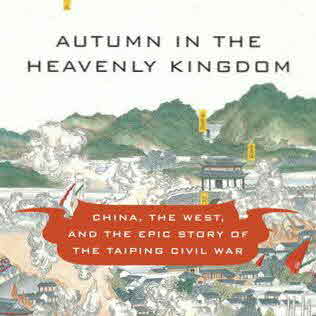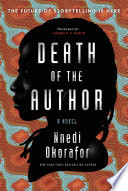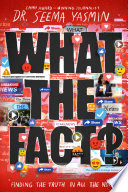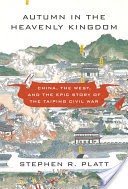
An amazing entry point into this period of Chinese history from a Western perspective. I was rather unfamiliar with the era, having more experience with the Opium Wars. This book does an admirable job of bridging that gap and linking the Taiping Rebellion to the intervention of Western states in China while providing insight into Chinese politics on both sides.
2 likes


















